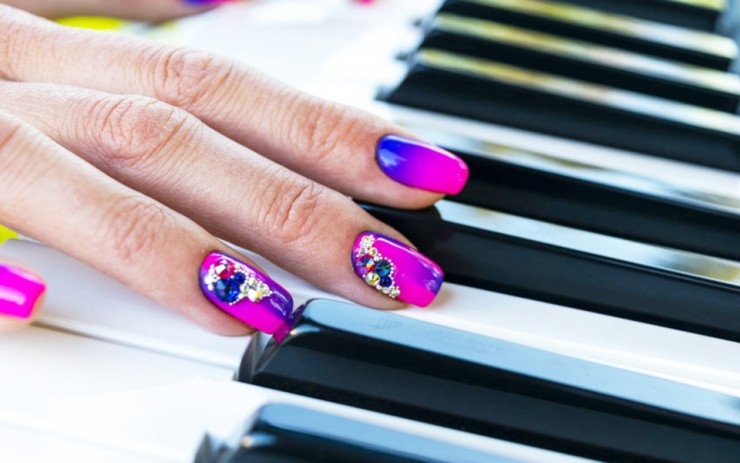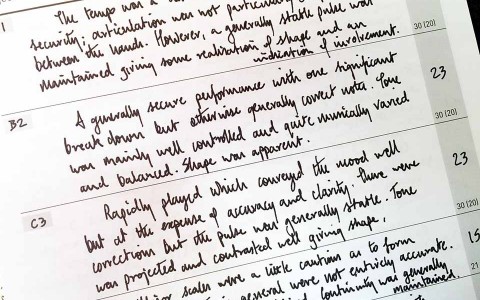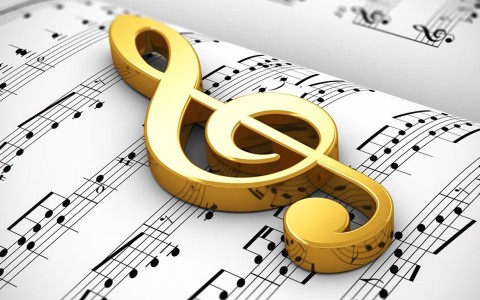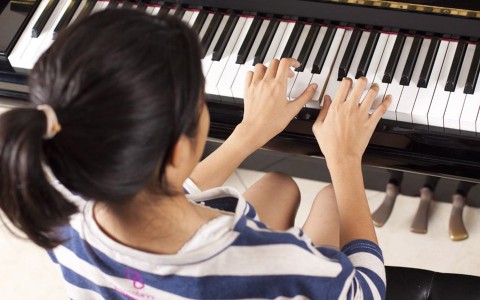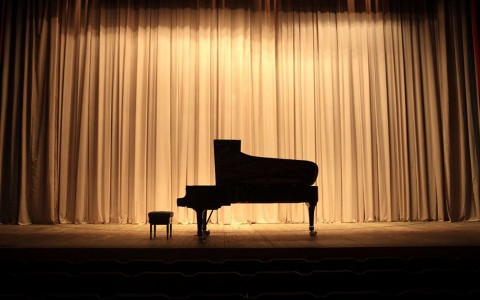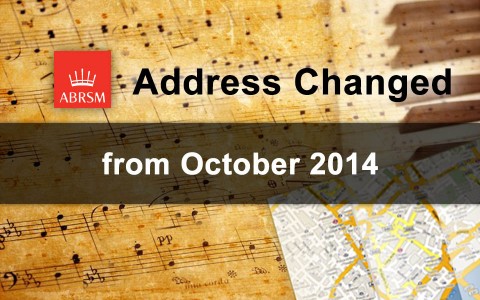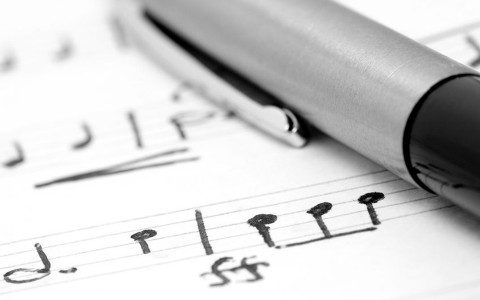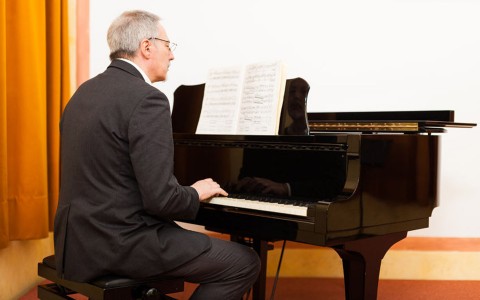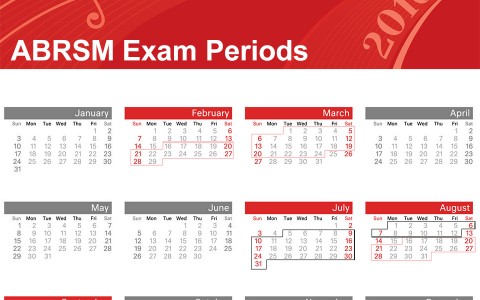Among female pianists, a common question that comes up in their minds is: Can I play the piano with long nails? For all their interest and skills in playing the piano, having long fingernails may present quite a fair bit of problems when playing the piano.
It is important to note that good hand position is crucial when playing the piano. Ideally, the fingers should be in a comfortable position. This should be natural and should not require extra effort. When the fingers are postioned as such, the fingernails would be the first things to strike the keys. This is the correct position. If players have to stretch the fingers fully in order to play, this is the incorrect position.
Some of us may think that stretching the fingers, especially when we have long fingernails, makes it easier to strike the keys. However, this introduces unnecessary strain on the hands. Playing a piece may look cumbersome. If we are really serious about playing the piano, it will make more sense to trim the nails. This will allow us to maintain an ideal hand position and not create extra noises at the same time. There is no hard rule about nail length; they should be cut just at the right length, so that we can feel the keys with the ball of our fingers.
We should not have to reposition our hands, wrists or arms. If this happens, it means the nails are too long and will affect our playing. That said, although some ladies really love their fingernails, they understand that their love for the piano necessitates trimming their nails and do what is required. No hard feelings.
One pianist ever commented, ‘Rather than sacrificing piano to have long and pretty nails, pianists typically cut their nails so they can embrace their love of music. They don't view it as sacrifice; it's more like eliminating an impediment and allowing their hands to be in the optimal condition.”
Disadvantages of long nails
1. Click-click sounds
This is probably one of the most obvious problems. Anyone listening to a long-nailed pianist playing can certainly hear click-click sounds coming from the stage. This is caused by the nails hitting the keys and can be annoying! This is a comment from a pianist: “I used to enjoy having longer nails as well, but it was so distracting (the tak-tak sound on the keys drove me nuts) that I decided the change was worth it. Remember, you can still paint your nails even when they're short, so there is a middle ground.”
2. Loss of contact between your fingers and piano keys
Having long nails can also mean the loss of contact between your fingers and the piano keys. This would result in the inability to feel the keys which will affect how you express your feelings and thus, the overall performance!
3. Grace and expression
A good pianist is able to play the piano with grace and expression. This is achieved not by knowing the music score by heart but by being able to feel the keys, knowing the weight of the key and being able to gather all kinds of input. Having long fingernails removes the ability to do all these this. The result will be a the loss of grace during playing.
4. Keeping your fingers on the keys
When you have long nails, it will be difficult to keep your fingers firmly on the keys. The fingers tend to slip and slide. Even though this is not intentional, playing this way would convey the wrong message to your audience!
5. Injuries and pain
When you play with long nails, they may get caught in the spaces between the keys. This may sound impossible but pianists have caught their nails between the keys, causing the nails to be torn off! This is a really painful experience that is competely avoidable! Another source of pain while playing could come from playing loud passages that require more force to be applied to the piano keys. Because your nails are longer than your finger tips, they will be pushing down on the keys and might finally bend out.
Advantages of short nails
1. Maintain a curved hand position
By playing with shorter nails, we are able to adopt a position in which the hands are naturally curved and relaxed. This allows us to play each and every key easily. Less tension is created and we can play better!
2. Control over playing
Without the long nails, we are able to feel the keyboard better. This gives us better control over playing and thus, better expression and sensitivity! One fellow music lover says that “having short nails is the best way to feel for an instrument because you won't have to constantly worry about damaging them instead of focusing on playing your piece.”
3. Greater speed
Shorter finger nails can get through tricker passages more easily. Long nails will simply get in the way and trip you up when you try to play anything fast!
Let's nail the nails problem.
